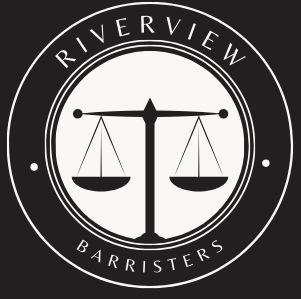Knowledge of when law school applications are due can be invaluable if you’re working under a tight timeline, yet you shouldn’t sacrifice quality for time.
As soon as possible, take or retake the LSAT, start writing application essays (following personal statement best practices), and gather any third-party pieces such as recommendations and dean’s certifications.
Fall
Submitting law school applications during the fall season is usually best. This gives applicants plenty of time to develop and rewrite their personal statement, secure recommendation letters from professors or mentors, update their resumes (if necessary), take another LSAT attempt, etc.
However, most schools employ rolling admissions policies which enable them to review applications throughout their admissions cycle – this means that the longer you wait before applying, the more applicants there will be competing for seats at your preferred school.
Note that certain law schools may bend their admissions deadlines for exceptional candidates with both high LSAT scores and undergraduate GPAs; this courtesy can often only be extended to certain candidates with exceptional credentials; so it’s wise to be familiar with your target schools’ recommended timelines so you submit a complete and competitive application package.
Winter
If you haven’t started searching law schools yet, start your research using online research, legal databases subscriptions, guidebooks and admissions fairs or forums. Connecting with admissions representatives and students may also help narrow your search results.
Once you’ve compiled your list of law schools, the next step should be preparing your application. Register with LSAC’s Credential Assembly Service (CAS) in order to submit your LSAT score, transcripts and letters of recommendation directly to them.
As your deadline nears, make sure that all components of your application are submitted by their due dates – ideally at least one month between each submission. However, do not push any component until the last minute as late submissions can significantly lower your chances of admission and scholarship awards; take time now to revise and polish your personal statement, optional essay, and secure new letters of recommendation where necessary.
Spring
If you intend on applying to law school in 2025, start the admissions process at least a year in advance (fall of 2020). This gives yourself enough time to study for and take the LSAT, expand your list of schools to apply to, obtain recommendations letters and polish all of your applications.
Applications to law schools typically close early each spring; by this point in time, most interested applicants have applied and space may be limited in the incoming class. We advise applying as early as possible in order to increase your chance of acceptance into their program.
the more time you devote to writing applications, the less likely you are to make mistakes that could compromise your chances of acceptance. Before sending off your applications, take time to carefully proofread and edit each document in order to present an authentic picture of yourself in its final form. This way, your applications will showcase you at their best!
Summer
As summer nears, it’s time to prepare applications and request letters of recommendation. If you haven’t taken the LSAT yet, now would be an ideal time before application season becomes too hectic and you risk losing study time.
Once you have created a list of schools and submitted all of your applications, take time to carefully submit each one. Doing it slowly and thoroughly will avoid haste-driven mistakes such as typos and missing materials on applications submitted too quickly.
Applicants starting their law school applications this fall should ensure their applications are in by late November or early December at the latest. Giving yourself extra time to ensure your applications are polished can make an enormous difference when it comes to being accepted, and gives schools plenty of time to review your applications before their admissions deadline passes – some even begin reviewing applicants on an ongoing basis prior to this formal deadline!
